
IdeasMagazine | Teachings, What's in a Word?

IdeasMagazine | Teachings, What's in a Word?
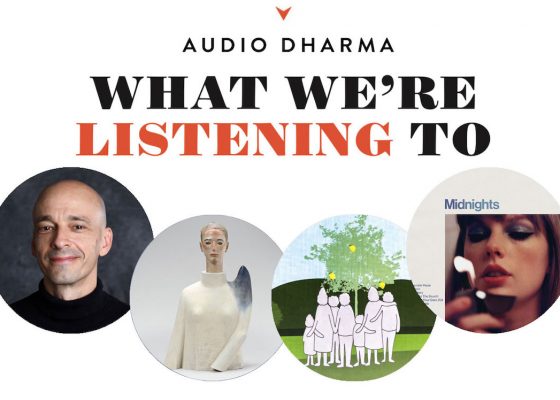
CultureMagazine | Audio Dharma, Openings
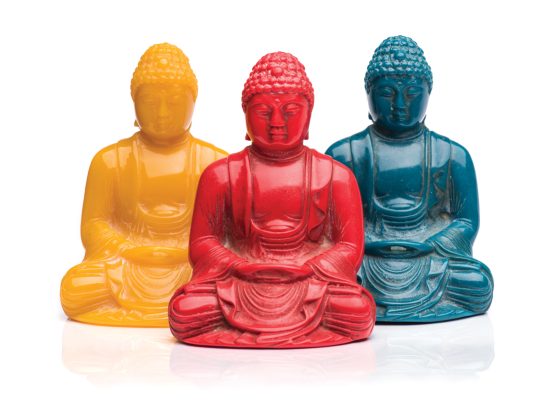
Meditation Meditation Month 2023
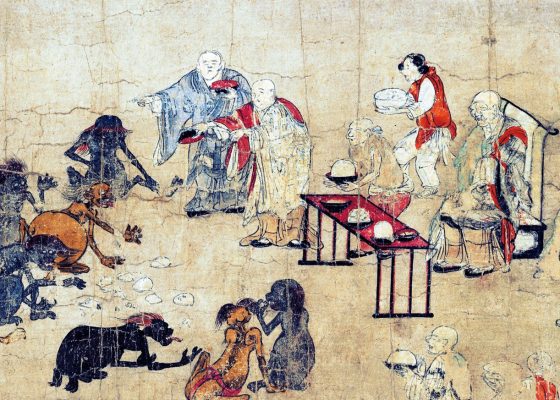
TeachingsMagazine | Dharma Talk, Teachings
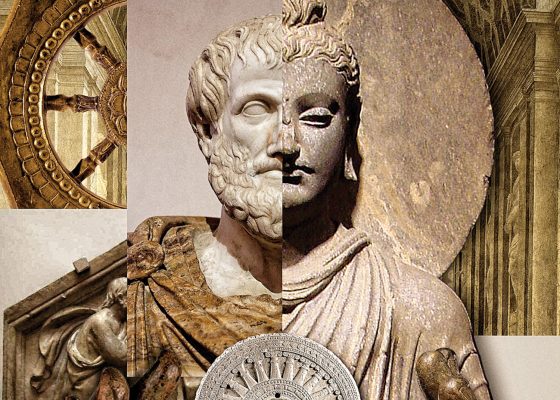
Magazine | Letters to the Editor, The Conversation
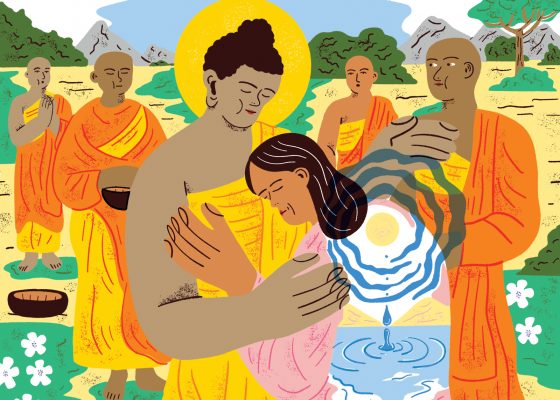
TeachingsMagazine | Dharma Talk, Teachings

CultureMagazine | Games, Reviews
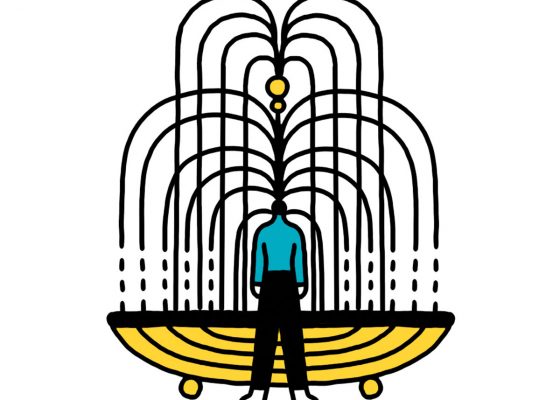
TeachingsMagazine | In Brief, Teachings

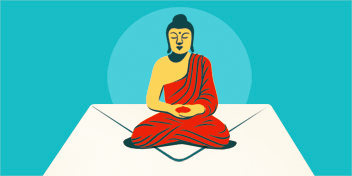
Start your day with a fresh perspective

With Stephen Batchelor, Sharon Salzberg, Andrew Olendzki, and more
See Our Courses